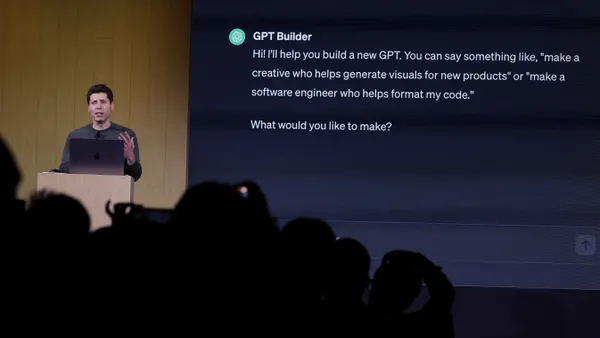Dive Brief:
- Financial services firm JPMorgan Chase has announced it will invest $17 million in U.S. cities over the next five years to create summer work experiences for local high school students, according to a statement.
- The company's Summer Youth Employment Program (SYEP) creates skills-based work positions in over 14 cities for eligible students. The aim of the program is twofold: Fill the demand for summer job positions and give young people opportunities to develop on-the-job skills prior to their entering the workforce.
- “It’s a moral and economic crisis that too many young people graduate high school without clear pathways to good jobs," JPMorgan Chase CEO Jamie Dimon said in the statement. The company cites research showing 65% of jobs in the U.S. will require at least some postsecondary education by 2025.
Dive Insight:
Closing the skills gap has extended beyond the office. In this case, JPMorgan Chase seems poised to eliminate that fight that deficit early, just as 41% of employers responding to a Careerbuilder survey said they plan to hire summer workers in 2017.
They're not the first to catch onto the idea, either. General Electric, HR Dive's Company of the Year in 2016, has been actively constructing its talent pipeline so as to introduce high schoolers to its brand and culture early on. GE recently invested $25 million in training for Boston-area STEM students, with the goal of preparing for careers at the company.
High school recruitment is equally beneficial for students; internships improve a student's prospects of being accepted to college while providing them with beneficial practical skills and fundamental knowledge (depending on the industry). This is a meaningful point given that an estimated one third of job applicants are unqualified for entry-level positions upon graduating college.
Current workers can't be left out of the equation, however. Those industries facing particularly large skills gaps, including manufacturing and other process-driven industries, should seek out innovations in e-learning and augmented reality training. Apprenticeships, meanwhile, have proven effective for workers at every level. The key is to provide mentorship in a professional setting whenever possible.












